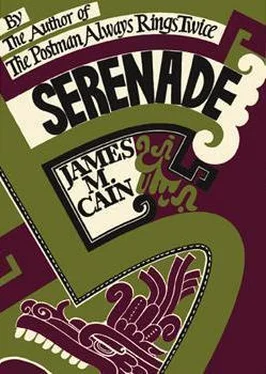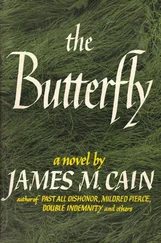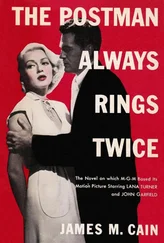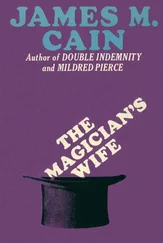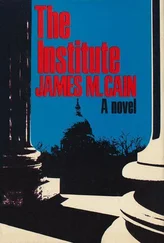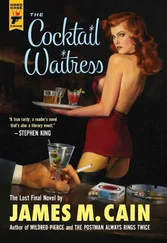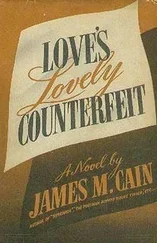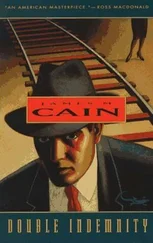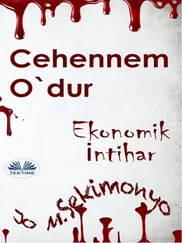It was a warm night, so she wasn’t wearing the coat. She decided to wear the bullfighter’s cape. It looked pretty swell, so it was all right with me. When she had laid it out, she came over for me to put the finishing touches on the hat. I fixed it so it looked almost right and then she went over to the mirror to have a look. She gave it one last pull that made it all wrong, put on the cape, and turned around to be admired. “Am I very pretty?”
“You’re the prettiest thing in the world.”
“Yes.”
The curtain was advertised at eight thirty, and we got there at seven thirty, but I found out I didn’t even know what early meant on a night when they’re giving opera in the Hollywood Bowl. Most of those people, I think, had been there since breakfast. The best we could get was up on the rim, at least a quarter of a mile from the show. It was the first time I had ever seen the Hollywood Bowl, and maybe you’ve never been in it. It’s so big you can’t believe it. It was just about dark when we got there, and they were pouring into it through every ramp, and everywhere you looked there were people. I counted the house as well as I could, and by my figuring when they all got in there would be twenty thousand of them. As it turned out, that was about right. I sat there wondering whether they used amplifiers or what the hell they did. It frightened you to think of singing in such a place.
I looked on the program to see who was singing. I had heard of a couple of them. The José and the Micaela were second-line Metropolitan people. There was a program note on the Carmen. She was a local girl. I know the Escamillo. He was a wop named Sabini that sang Silvio in Palermo one night when I was singing Tonio. I hadn’t heard of him in five years. The rest of them I didn’t know.
They played the introduction and the lights went up and we began to have a good time. I’m telling you, that was opera that you dream about. They didn’t have any curtain. They put the lights up, and there it was, and when they finished they blacked out and came up with a baby spot for the bows. The orchestra was down front. Beyond was a low flight of wide steps, and quite a way beyond that was the stage, without the shell they use for concerts. On that they built a whole town, the guardhouse on one side, cafés on the other, the cigarette factory in back. You had to rub your eyes to believe you weren’t in Spain. The way they lit it was great. They’ve got a light box in that Bowl that tops anything I ever saw. And that stage town was just filled with people. The performance seemed to be given with some kind of hook-up between a ballet school and some local chorus, and they must have had at least three hundred out there. When the bell rang and the girls began pouring out of the factory, they poured out. It was really lunch time. Between acts, they rolled that stuff off, and rolled on the café for the second act, and the rocks for the third act, and the bullring entrance for the fourth act. The place is so big that with the lights down nobody paid any attention to what they were doing out there. They didn’t use any amplifiers. Big as it was, the acoustics were so perfect you could hear every whisper. That was the thing I couldn’t get over.
The principals were just fair, maybe not as good as that, except for the two from the Met, but I didn’t mind. They were giving a performance, and that’s enough. So when this little thing happened, I didn’t pay any attention to it. A singer can spot trouble a mile away, but I was there for a good time, so what the hell? But then I woke up.
What happened was that in the middle of the scene in the first act, where the soldiers bring Carmen out from the factory after she’s cuffed another girl around, a chorister in a uniform stepped up to the Zuniga, jerked his thumb backstage, and began to sing the part. The Zuniga walked out. That was all. They did it so casually that it almost seemed like part of the opera, and I don’t think twenty people out there thought anything of it. You would have had to know the opera to have spotted it. I wondered about it, because the Zuniga had a pretty good bass voice, and he had been doing all right. But I was listening to the Carmen, and she started the Seguidilla before I tumbled to what was up.
I jumped up, grabbed the bullfighter cape off her, whipped off my own coat and put it on her, and pointed down the hill. “Meet me after it’s over! You understand?”
“Where you go?”
“Never mind. Meet me there. You got it?”
“Yes.”
I skipped around the rim, took the ramp on the run, ducked back of the stage, and asked a stagehand for the manager. He pointed to some cars that were parked out back. I went back there, and sure enough, there was the Zuniga, still in his captain’s uniform, and a fat guy, standing by a car and arguing with somebody inside. I tapped the fat guy on the shoulder. He batted at me with his hand and didn’t even look. “I’m busy. See me later.”
“Goddamn it, I’m singing your Escamillo for you!”
“Get the hell away!”
“What’s the matter with you — are you snowed in? You called this guy off to get dressed — and he can’t sing it!”
The Zuniga turned around. “You heard him, Morris. I can’t sing F’s. I can’t do it.”
“I’ve heard you do it.”
“Transposed, yes.”
“They’ll set it down for you!”
“How? They can’t rescore a whole number between acts! They got no parts to set it down with!”
“For Christ sake! They can read it down—”
“They can like hell. It’s out!”
About that time, the man in the car put his head out, and it was Sabini. When he saw me he grabbed me and began kissing me with one side of his mouth and selling me to the manager with the other. Then he began giving me an earful of Italian, a mile a minute, explaining to me he didn’t dare get out of his car, didn’t even dare to be seen, or his wife’s process servers would get him, and that was why he couldn’t sing. Then he did get out, on the far side, lifted a trunk out of the rumble, and called me around. He began stripping me, and as fast as he got one piece off me, he’d have a piece of the Toreador costume out of the trunk for me to put on. The manager lit a cigarette and stood there watching us. Then he went off. “It’s up to the conductor.”
There was a big roar from the Bowl that meant the first act was over. Sabini jumped in the car and snapped on the lights. I sat down in front of them and the Zuniga took the make-up kit and began making me up. He stuck on the coleta and I tried the hat. It fit. When the manager came back he had a young guy with him in evening clothes, the conductor. I got up and spoke. He looked me over. “You’ve sung Escamillo?”
“At least a hundred times.”
“Where?”
“Paris, among other places. And not at the Opera. At the Comique, if that means anything to you.”
“What name did you sing under?”
“In Italy, Giovanni Sciaparelli. In France and Germany my own, John Howard Sharp.”
He gave me a look that would have curdled milk, turned his back, and beckoned to the Zuniga.
“Hey, what’s the matter?”
“Yes, I’ve heard of you. And you’re washed up.”
I cut one loose they must have heard in Glendale.
“Does that sound like I’m washed up? Does it?”
“You lost your voice.”
“Yeah, and I got it back.”
He kept looking at me, opened his mouth once or twice to say something, then shook his head and turned to the manager. “It’s no use, Morris. He can’t do it. I just happened to think of that last act... Mr. Sharp, I wish I could use you. It would pull us out of a spot. But for the sake of the ballet school, we’ve interpolated Arlésienne music into Act IV, and I’ve scored the baritone into it, and—”
Читать дальше
